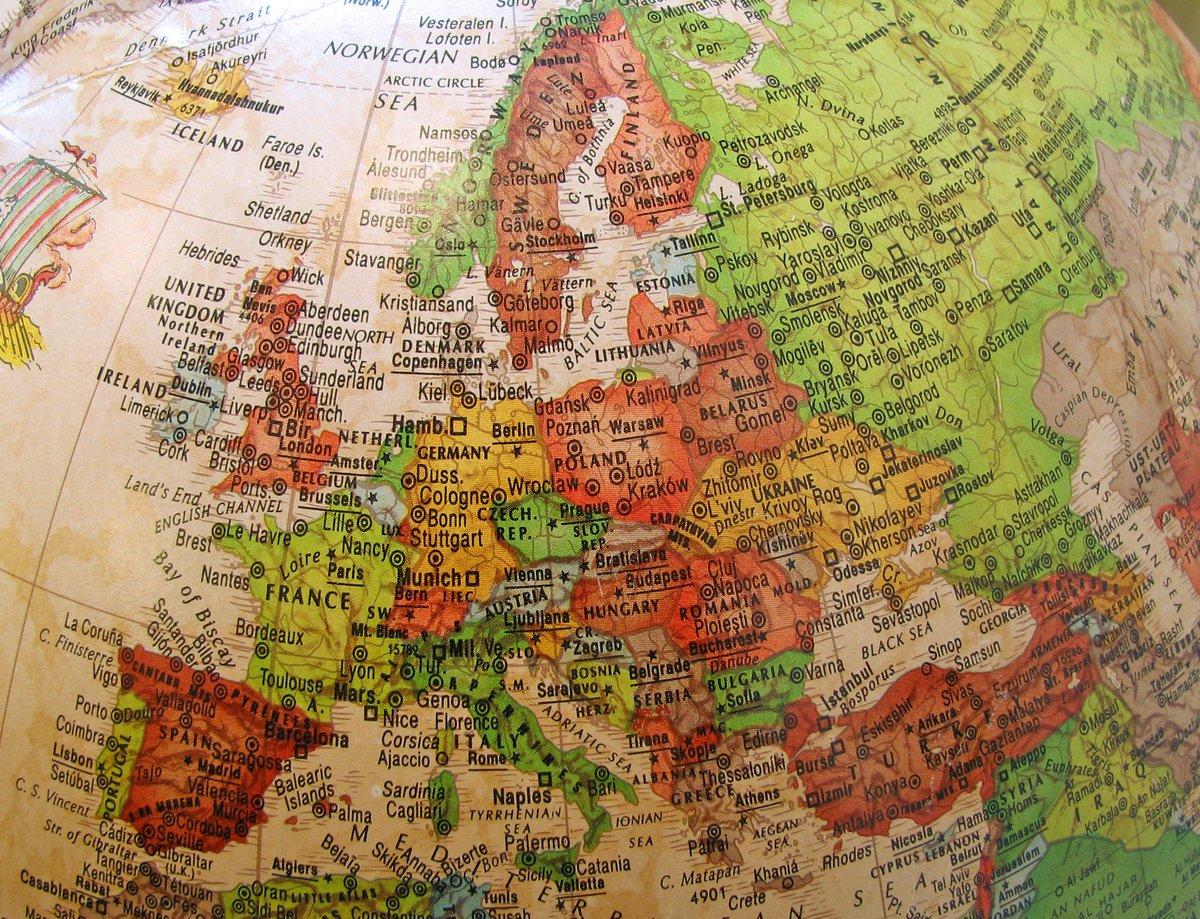AUTHORS: Marianne Kettunen – Dominique Noome – Johanna Nyman
The impacts of a degrading environment and a changing climate on national and international security are becoming more and more apparent. Combined with an increasing world population, the pressures on the natural environment and competition over natural resources are considered one of the key peace and security challenges of the 21st century.
This paper, developed as part of the European Think 2030 platform, outlines the environmental dimension of European security policy and security-related foreign policy and discusses how the integration of environmental concerns could – and should – be improved to support the delivery of the EU and global 2030 Sustainability Agenda.
Environmental factors, including well-functioning ecosystems and the natural resources they provide, underpin several aspects of human wellbeing and security (e.g. supply of food and water, source of livelihoods, protection against natural hazards). This means that changes in the state of the natural environment – when interacting with the broader social, economic and political situation – can cause or aggravate conflicts. These changes can become an issue for national and international security, depending on their scale and how successfully they are addressed through local, regional or national governance.
Beyond being recognised as a driver of disputes and conflict, the natural environment and good governance of natural resources and ecosystems play a role in peacebuilding and, importantly, in preventing conflicts. Well-functioning ecosystems support the supply of natural resources and thus underpin resource security. In addition, protection and sustainable management of ecosystems contribute to disaster risk reduction since natural ecosystems can help to mitigate the impacts of, and support recovery from, natural hazards, preventing them becoming into full-blown natural disasters with long-lasting impacts.
The recently updated EU foreign policy framework provides a good basis for the integration of environment into security, paving the way towards a more holistic regime and interaction between the foreign, security and defense elements of the policy framework. It recognises the important role that environmental stability and well-functioning ecosystems play in conflict situations, in particular in mitigating the occurrence or severity of conflicts in the first place. This strategic vision must now be implemented in practice, through the means of environmental and climate diplomacy and pushing forward the environmental security agenda on the international level.



